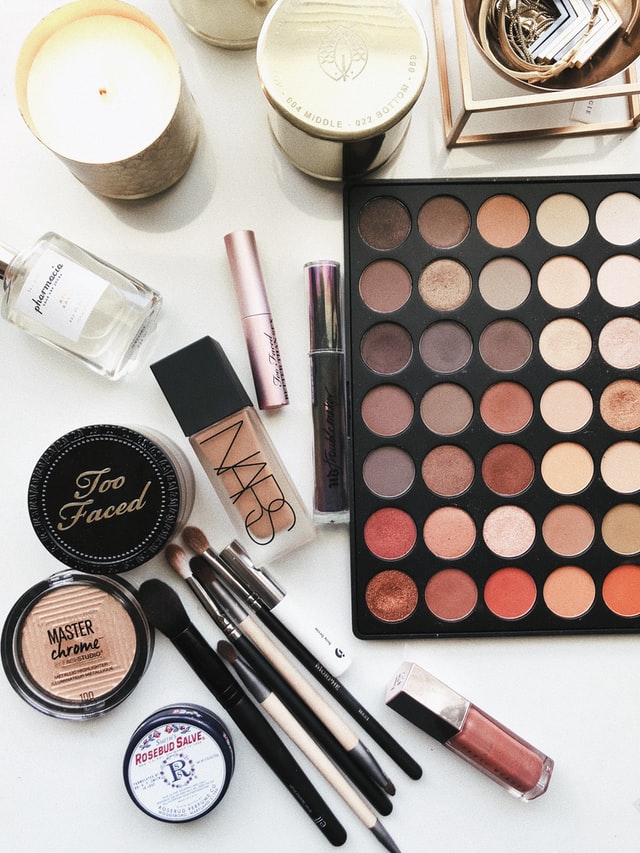
Body + Mind is reader-supported. We may earn an affiliate commission when you buy through some of the links on our site.
Why do you wear makeup? Your answer to this question speaks volumes about your mental state. Do you wear it to get ahead in the workplace or impress the opposite sex, or do you paint your face to feel better about yourself?
People have worn makeup for various reasons across the millennia. Today, as in earlier times, both men and women use products to enhance their appearance. However, in today’s high-anxiety society, how does makeup affect your mental health? Is it a tool for healing, or should those in recovery for specific disorders shun the stuff?
Picture a flight attendant. Now, visualize the same individual without makeup. Can you do it?
The images we see reflected in popular culture influence our mental health. Consider how evidence suggests that the use of uber-thin models in advertising contributes to eating disorders. It isn’t a stretch to understand how other aspects of physical appearance can impact what happens in our minds.
However, people don’t only wear makeup to improve their inner sense of self-worth. Research reveals that women who wear makeup on the job earn higher salaries than those who choose to work bare-faced. Maybe you don’t care about that matching set of luggage under your eyes, but if you are aiming for a raise, you might want to grab the concealer. If you work in some professions like bartending or newscasting, your employer can require you to dab on some mascara to maintain a public image.
This situation creates few problems for folks who would wear makeup, anyway. However, it does impact a woman mentally if she’s passed over for a promotion due to a lack of eyeshadow and waxed brows — are her male peers held to the same standard? If a man or a transgender individual chooses to wear makeup, are they penalized for expressing themselves? How does this issue affect their psyche? Minority stress impacts mental health conditions and can exacerbate symptoms.
The choice to wear makeup or not is intimately personal, and your mental health may impact your decision. If you have narcissistic personality disorder, you can become depressed or moody when you fall short of “perfection.” Going for a day or even a week without makeup might represent a vital part of your recovery process. If you do work in an industry that requires its use, have a confidential talk with your HR representative about your needs.
In some individuals, makeup — or having enough of it in the right brands — can become obsessive. It’s one thing to feel dismayed when you run out of Oil of Olay, but if you find yourself in panic mode, it’s time to re-evaluate your self-esteem. If your sense of worth centers around your physical appearance to the point where it causes you to spend money that you can’t afford on foundation and balm, you may need a cosmetics time-out. Becoming desperate when you can’t get it is a sign of a deeper problem, and you should consider seeking help.
Cosmetics do have many benefits. Makeup can become a potent tool in your mental health arsenal by helping you regain a sense of control and engage in self-care with these tips:
The relationship between makeup and mental health is complicated. However, by using it wisely, you can use cosmetics to further your recovery goals.
Your email address will only be used to send you our newsletter, and at any time you may unsubscribe. For more information, see our Privacy Policy.